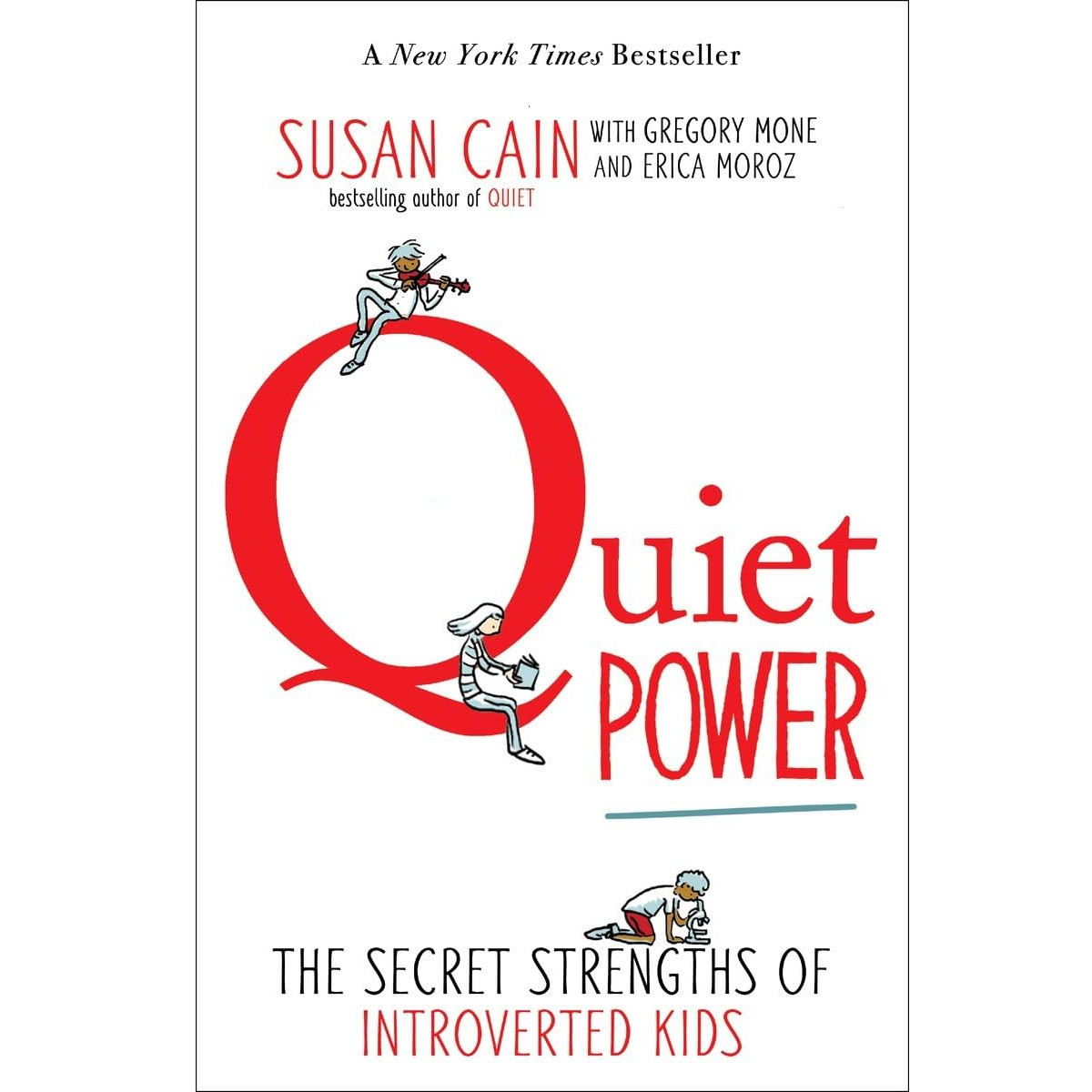
Book review: Quiet Power by Susan Cain
3 min read
Quiet Power: The Secret Strengths of Introverted Kids
When i was about to write a review on this book, i realized that there are two versions of this book. I thought i was reading a book called «Quiet: The Power of Introverts in a World That Can't Stop Talking» but apparently this is a different version catered towards young adults and teenagers.
In Quiet Power, Susan Cain takes her work on introversion and tailors it specifically for young readers, offering valuable insights into what it means to be an introvert in a world that often rewards extroverted behaviors. The book is an engaging mix of scientific research, personal stories, and practical advice for both introverted teens and the parents and teachers who support them.
One of the key lessons I took away from Quiet Power is how introverts are more sensitive to external stimuli—whether it's noise, bright lights, or social interactions. This helped me better understand why introverts may feel overwhelmed in environments that don't bother others as much. Cain delves into the science behind this, making it accessible and relatable for young readers who may have struggled to articulate their feelings of overstimulation.
The inclusion of influential introverts throughout history also stood out to me. Cain highlights successful figures like Bill Gates, showing young introverts that they too can make a powerful impact without needing to be the loudest person in the room. For young people, it’s inspiring to see role models who succeed by embracing their quiet nature rather than trying to fit into an extroverted mold.
Parents and teachers will also find this book insightful, as it helps them understand how introverts are wired. Cain provides tips on how to support introverted children—whether that’s giving them the space to recharge or understanding why they may be hesitant to speak up in class.
Cain also tackles a challenge many introverts face: being pressured to speak up more often. Her advice is reassuring, especially for young readers who feel isolated by their introversion. She reminds them that it's okay to be quiet and that they aren’t alone in feeling this way. This can be a comfort to teens who may have felt misunderstood or out of place in social settings.
Perhaps most importantly, Quiet Power normalizes the idea that it's perfectly fine to be less social, and you don’t need to experience “fear of missing out” (FOMO) if you prefer solitude or smaller gatherings. This message is crucial for today’s social media-driven world, where the pressure to be constantly connected can feel overwhelming.
Overall, I found Quiet Power to be an enlightening read that offers both practical advice and emotional reassurance for introverts. However, while the book covers important ground, I found some of the content repetitive and wished for more in-depth strategies for dealing with the pressures introverts face in social and academic settings.
I would rate Quiet Power a 7 out of 10. It’s a valuable resource, especially for young introverts and the adults who support them, but it leaves room for further exploration of how introverts can navigate an extrovert-centered world.
Quiet Power can be bought through amazon https://amzn.to/3MBFOCt
This is a referral link, so we may earn a small commission if you make a purchase.